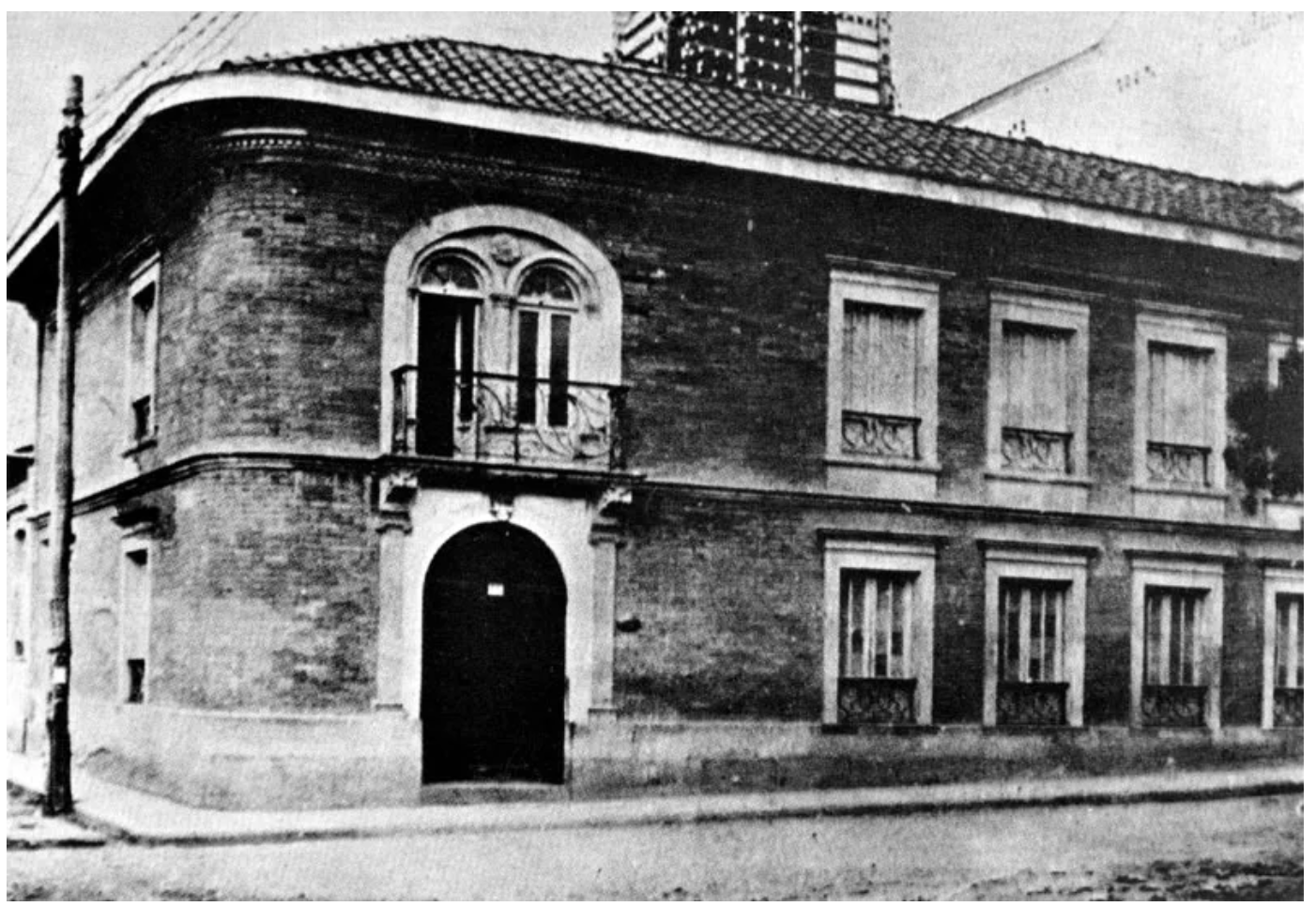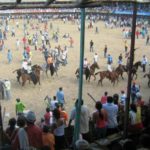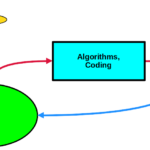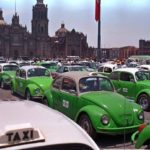I still remember the phone number of the line my parents somehow managed to get installed in their first-owned house, a three-story dwelling my father, a civil engineer, helped design and build for a family of seven. It had six digits, which seemed like one too many. When asked, my father said the reason was the city-owned local telephone company’s plan for rapid expansion. The city had just under 1.5 million people back then. However, just over 100k phone lines were available. In 1978, 17 years later, the population had practically duplicated, but the number of phones per capita had increased slightly to 12 percent or thereabouts. The expected rapid expansion was still in the works, I suppose.
Getting a phone line was almost like winning the lotto. Not only was it unaffordable for most of the city inhabitants, but personal connections to the local company went a long way along with bribes. While most did not have access, those at the top had two or more lines installed in their homes and offices. Getting support to fix a damaged phone line was another story. It could take forever unless one offered to pay (under the table) directly.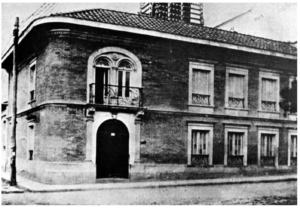
I was not an avid phone user. That came a few years later. My Mom was the primary client and could spend hours chatting with friends. Initially, we only had one device, so someone had to run downstairs to answer when it rang. Soon, a second device was added to avoid the inconvenience. I do not recall who installed the wire inside the house – something I did many years later while setting up a fast-wired ethernet network in another three-story house in a different country.
We also had a B&W TV set sitting in what seemed like a vast living space on the second floor. I do not recall the screen size, but it also looked gigantic. However, TV service was incipient at best. Only two channels were available, one dedicated to education and run by the government, and transmission only started in the late afternoon. Frankly, there was not much to watch then, and the few things we were keen to see were shown in the evening once a week. TV binging was not part of our fun list. Regardless, we all gathered to watch the 1969 moon landing that coincided with one of my sisters’ birthday and the ensuing family celebration.
My father was subscribed to the two leading family-owned national newspapers based in the country’s Capital. Not that there were many others around. That said, the difference between the two was tough to tell. Politically, both were on the Liberal Party’s side, counterposing a Conservative one that flirted with Mussolini and Franco at some point, supported by another family-owned news outlet with much less circulation and impact. As I see now, one of the Liberal ones was a bit to the left of the other, by a few millimeters at best.
My paternal grandpa, whom I never met and found out years later was not my real granddad, was a journalist who worked for the one leaning more towards the center until he died in 1942. At that moment, the newspaper owner was the country’s President, who in turn was the great-uncle of the President who assumed power in 2010. That stuff seems to run in the family, apparently. My father was very reserved about his family’s history and never said much about his relationship with the powerful newspaper owner. But he used to tell us the story of one of his meetings with the by-then former President. Upon graduation from college, he paid a visit seeking job advice. He was offered a job that paid well below the minimum wage. When he tried negotiating, he was reminded that the difference between the current offer and zero was substantial and, thus, impossible to ignore. There is no need to be a mathematician to rebuke such an argument. He walked out.
Radio was by far the most popular communication means. The country started investing in radio transmission in 1929. By the 1960s, a mix of private and public outlets were already in the air, competing for ears nationally. Wireless transmission and relatively low access and maintenance costs helped its spread. My paternal grandma, who lived with us for a few years, had one of those beautiful wood-based devices that got hot rapidly, thanks to the apparently always working vacuum tubes that did miracles. My Mom’s in-house helpers always listened to the radio, especially when those wonderful soap operas started, some of which attracted our attention. Kalimán, the Incredible Man, was my favorite and one that I will never forget. I can still hear his voice as his adventures triggered my imagination in ways I could not always control.
Radio was also the only way to follow global sports events such as the Football World Cup and the Olympics when national athletes participated. In 1962, the national football team made it to the World Cup for the first time. While expectations were low, the team managed a tie with the mighty USSR (4 – 4) after being down 3 – 0 in the first eleven minutes. The whole country celebrated, my family, led by my father, included. The Soviet team had one of the best goalies in the world, according to FIFA. His team played with jerseys displaying the usual CCCP letters. After the game, the acronym became “Con Colombia Casi Perdemos” (“we almost lost to Colombia”), thanks to local folk ingenuity. I also followed Mohammed Ali’s world championship fight with Sonny Liston on the radio in 1964 and with Floyd Paterson the following year. Somehow, my heart was rooting for poor Sonny. The same happened with the 1966 World Cup in England. And so on. Indeed, the transistor radio was the beam that brightened our world and provided a unidirectional link to real-time events, unreachable otherwise.
And yet, we were living in a bubble where the control of information flows was in the hands of a few, including private sector actors usually siding and supporting those in government, elected via dubious voting processes lacking transparency and preventing any accountability. Such an environment provided fertile ground for the dissemination of disinformation tout court. We did not know that at the time, however.
Raúl
